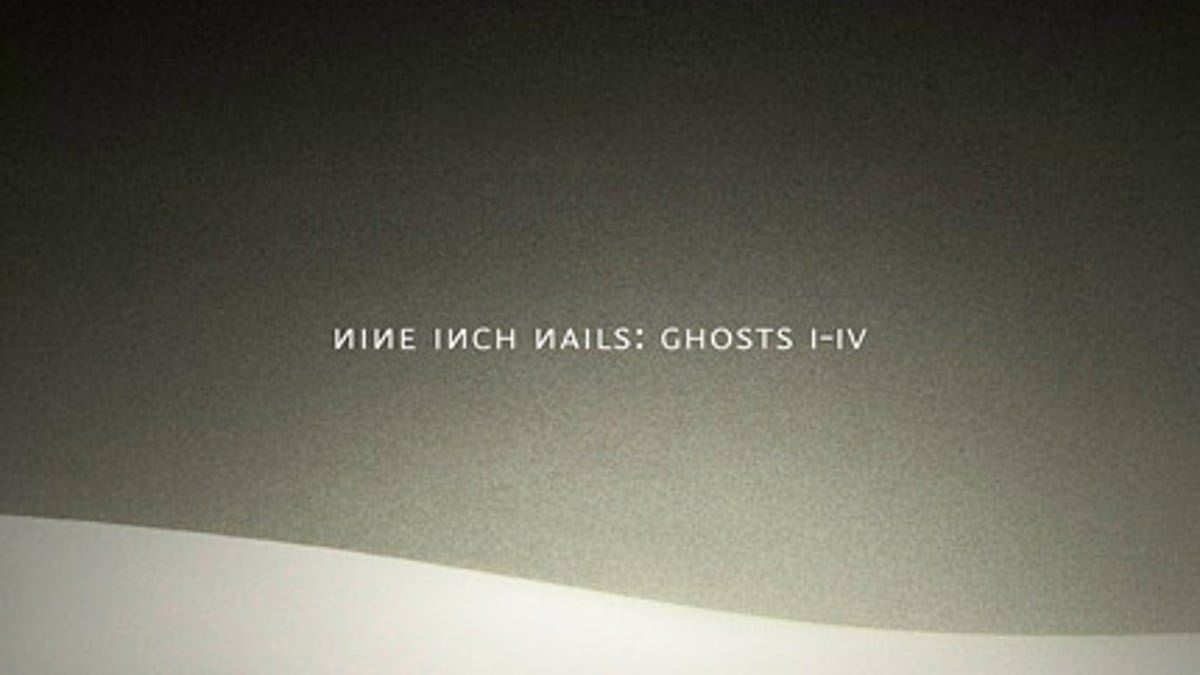Trent Reznor: Radiohead's 'In Rainbows' promotion was 'insincere'
Nine Inch Nails leader slams Radiohead's ground-breaking promotion for being a "very traditional record sale."

Radiohead's groundbreaking promotion for the album In Rainbows was "insincere" and smacked of a "bait and switch," according to Trent Reznor, leader of the group Nine Inch Nails.
Reznor made the comments during an interview with the Australia Broadcasting Corporation earlier this week.
"I think the way [Radiohead] parlayed it into a marketing gimmick has certainly been shrewd," Reznor said. "But if you look at what they did, it was very much a bait and switch, to get you to pay for a MySpace quality stream as a way to promote a very traditional record sale."
The In Rainbows promotion was distributed online, without backing from a major record company and allowed fans to pay whatever they thought the digital album was worth. Radiohead was widely praised for breaking from the label system.
But Radiohead's manager has also said that the band likely wouldn't try a similar promotion again. The British super group ended the offer and has begun selling the record through traditional sales channels.
"I don't see that as a big revolution [that] they're kind of getting credit for," Reznor told the Australia Broadcasting Corporation on Monday. "There's nothing wrong with that, but I don't see that as a big revolution [that] they're kind of getting credit for...to me that feels insincere. It relies upon the fact that it was quote-unquote 'first,' and it takes the headlines with it."
Reznor has a point. There's no arguing that Radiohead's music giveaway pioneered new territory, but when it comes to actually plowing ahead with a determined search for a new way to distribute music, Radiohead falls short.
The truth is that Reznor, who at times is volatile--and is always outspoken--is doing more for music fans and fellow musicians than anybody.
Earlier this month, Nine Inch Nails began distributing a digital album, Ghosts I-IV a 36-track instrumental, in a range of ways. The offer included free samples, a $5 digital version and premium packages that came with downloads, discs, and varying merchandise depending on the money one was willing to pay. In a little over a week, Reznor told The Chicago Tribune that he generated 781,917 transactions and earned $1.6 million.
Radiohead may have earned more and likely gathered information valuable to other artists who might be considering self-distribution. We don't know because, unlike Reznor, the band isn't sharing sales numbers.
What is so sad about these promotions by Nine Inch Nails and Radiohead is that, other than Reznor, few artists are tinkering with the Internet or looking for an alternative to the traditional business model in the music industry.
We're talking about rock 'n' roll here. It was once rumored to be the domain of rebels and rogues. How come more performers aren't bucking the status quo?

